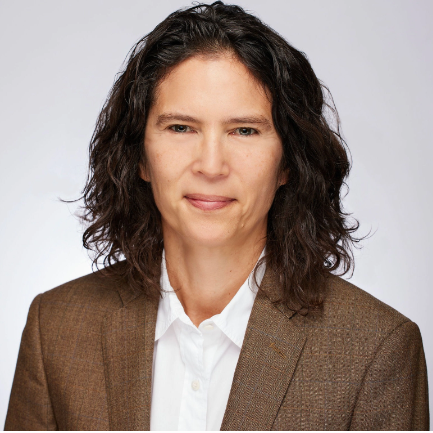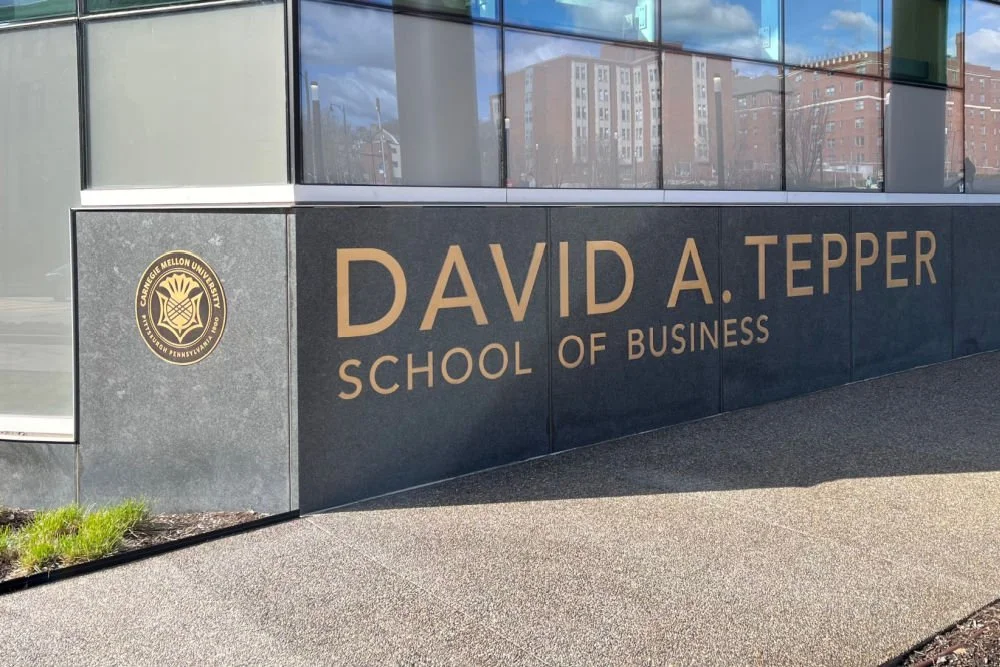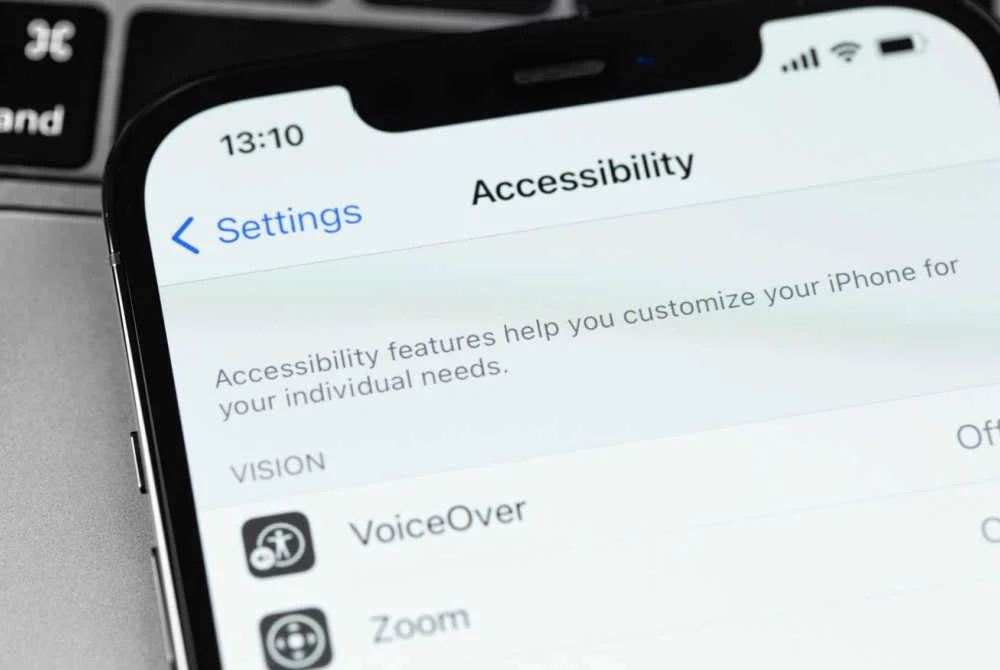Can Funder-Backed Online Tools Help Close the Employment "Skills Gap?"
/Last year, the Bridgespan Group identified the “skills gap” between American workers and available jobs as one place where billion-dollar bets from philanthropy could have major impact. It’s not hard to see why. As Microsoft president Brad Smith puts it, “There are 7.3 million fewer jobs in the United States today for people with a high school degree or less than there were in 1989. At the same time, 6 million jobs in our country go unfilled due in large part to a shortage of skilled workers.”
We've written a lot on this subject, looking at which funders are seeking to close the skills gap and what they're up to. This is a super-hot area of philanthropy right now, but it's also challenging terrain. Where are all these unfilled positions? And how can would-be workers, armed in many cases with only a high school diploma, develop the necessary skill sets and locate opportunities?
Those are questions that have preoccupied the Markle Foundation since 2015, when it pledged an initial $50 million to its ReWork America initiative, a tech-driven effort to connect employers with job seekers. In 2016, Markle partnered with LinkedIn and Microsoft to create Skillful, a platform dedicated to filling “middle-skills” jobs in sectors like healthcare, the trades, logistics and other STEM-focused areas. Such jobs are a focal point for many funders right now, since they often pay decent wages and offer upward pathways for workers who haven't completed four-year college degrees. Markle reports that as of January, over 1,400 job seekers and 90 local firms have worked with Skillful.
Related:
- A Foundation and a Tech Firm Walk Into a Bar Together. Does Anyone Get a Better Job?
- Grants Are Flowing Big-Time to Tackle a Jobs Mismatch Leaving Millions Behind
- A Funder Zeroes In On One Promising Solution to Inequality: Middle-Skilled Jobs
Starting with a pilot program in Colorado, the ultimate goal of this effort is to develop a model for tools that can be used nationwide. To make that possible, Microsoft Philanthropies recently gave $25.8 million to support Skillful’s continued deployment in Colorado. To create a skills-based labor market, “one that is centered on the skills job seekers have, not the degrees they have,” according to Markle, digital tools are required to connect employees, educators and job seekers, as well as train potential employees. With the new support from Microsoft, Skillful is in a position to really scale up such tools in one state.
It's no surprise that Microsoft Philanthropies is giving big, here. As we've been reporting, the newly reorganized charitable arm of the tech giant has recently stepped things up and refined its niche—which is to expand technology's benefits to more of the world's population by increasing access to new tech products and services, as well as improving access to digital skills and computer sciences education.
Related: Technology for the People: What's Microsoft Philanthropies Been Up To?
Will the effort to scale up Skillful work? It's still too early to say. Recent history is littered with examples of funder-backed online sites and tools that were supposed deliver benefits to lots of people or solve critical problems—only to end up as digital ghost towns. Getting users to know about, and embrace, new online supports is no easy thing. But the partnership with LinkedIn, which gets huge traffic from jobseekers, combined with the limited geographic focus of Skillful bodes well for this venture.
We're also watching another, narrower initiative along these lines—Petrochemworks, a JPMorgan Chase-funded platform to help workers find well-paying positions in the petrochemical industry that are often “hidden in plain sight.”
With its $250 million New Skills at Work program, JPMorgan Chase is one among a number of major players in the financial sector that's engaged in large-scale corporate giving to address the employment skills gap. Multi-city workforce development initiatives are also being funded by Citi, Bank of America and Capital One.
The strategies here vary, with these funders exploring different avenues. For example, Chase made a recent round of grants focusing on middle-skills healthcare employment.
Related: JPMorgan Chase Keeps the Funds Flowing for Career Readiness and Youth Employment







































